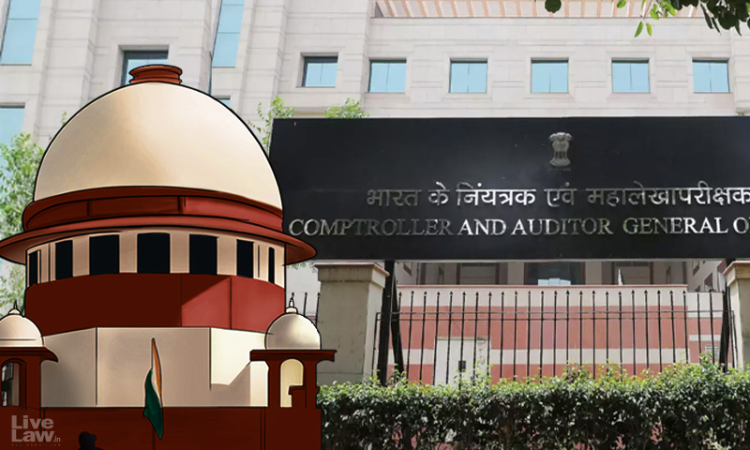PIL For Independent Process To Appoint CAG : Supreme Court Seeks Centre's Response
Debby Jain
28 Jan 2024 9:57 AM IST

Next Story
28 Jan 2024 9:57 AM IST
The Supreme Court on Thursday (January 25) issued notice on a Public Interest Litigation(PIL) instituted under Article 32 of the Constitution in relation to the appointment process of the Comptroller and Auditor General of India (CAG). The three-Judge Bench of Chief Justice DY Chandrachud, Justices JB Pardiwala and Satish Chandra Sharma, after hearing submissions of Senior...
